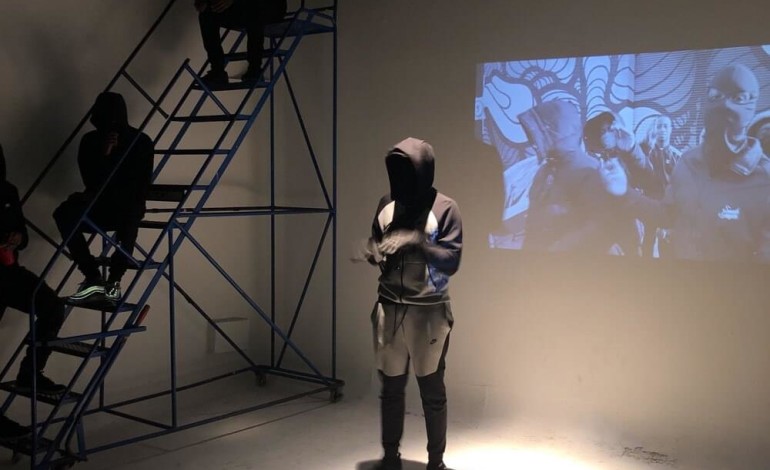
The crown prosecution service (CPS) will review its guidance on using forms of music, especially drill, as evidence against defendents in the courtroom. This follows news from the US that Jay-Z and Meek Mill are pushing to stop defendents verses being used to convict defendents of a criminal charge. This occured in the highly publicised Tay-K case where his lyrics from the song ‘The Race’ helped in landing him a 55-year sentence, although the CPS says it is not aware of any UK case where drill lyrics have been used as evidence.
Despite its disuse in the courtroom as of yet, limits have been placed on the musical freedoms of drill artists, where Digga D among other rappers were under a CBO order that required them to submit lyrics to the police before their release. But now, the community is fighting back.
Civil liberty campaigners and activists alike have now pushed the CPS to perform a “listening exercise” to unpack how trials can be unfairly affected by drill lyrics, as well as stereotypes around Black men. Nick Federici, a youth worker at the Pythian Club, told the BBC that drill is misunderstood as a cause of violence: “Drill is just the youth expressing themselves,” he said. “Drill doesn’t cause crime in deprived areas. It’s poverty, it’s envy, it’s so many other things going on, underlying issues.”
While drill may not directly caused violence itself in his belief, Federici acknowledges that drill may accelerate the occurance of inevitable violence: “Obviously if somebody gets on a song and calls my name out and tells me this and that, it’s going to provoke me,” he said.
“I don’t believe it can start and cause violence, but it can definitely speed up a process, just through pure embarrassment. It might make someone feel like they need to react because they’ve been spoken about on the internet.”
Eithne Quinn is an academic from the University of Manchester, who has been a rap expert in court cases for a number of years. Her take is that “any new guidance to prosecutors that restricts the flow of rap into our courtrooms will be very welcome.
“Gang discourses are already so racially charged, producing serious racial disparities in criminal justice outcomes, as has been widely recognised. Once you add popular music to the mix, which conjures strong feelings and thoughts, then the gang discourses become even more open to abuse, reproducing broad racist tropes.”
“There needs to be a really good reason to allow rap videos and lyrics before a jury. It’s wide open to unfair and racist misreading.”
